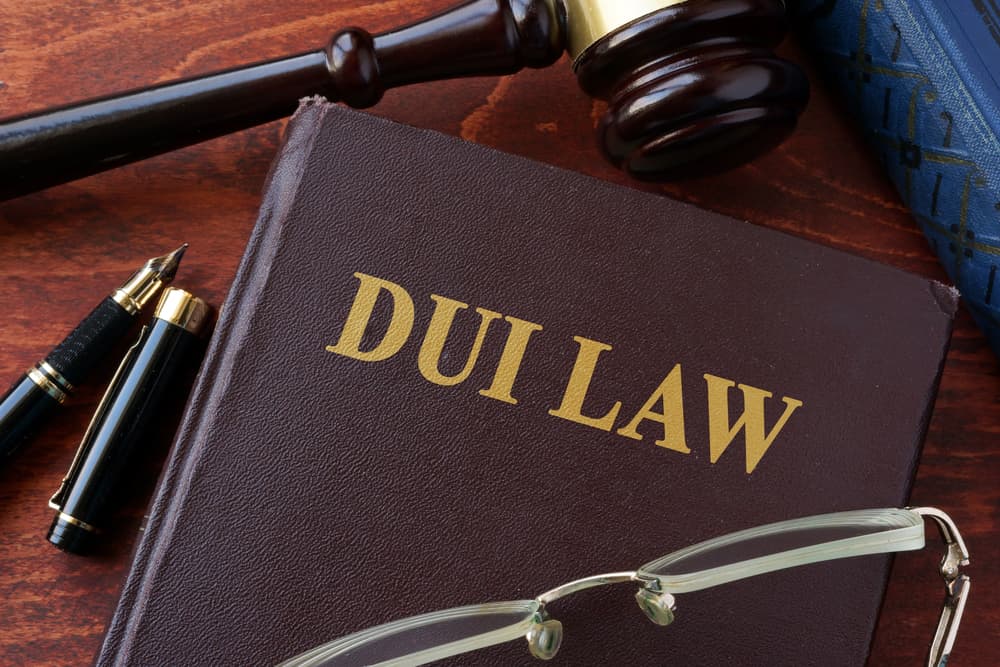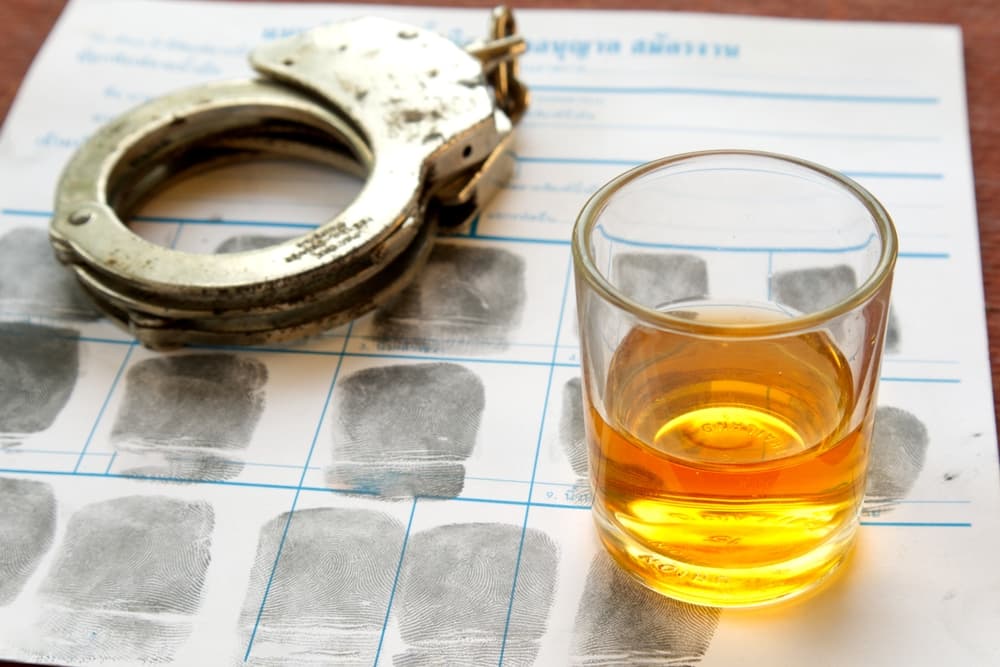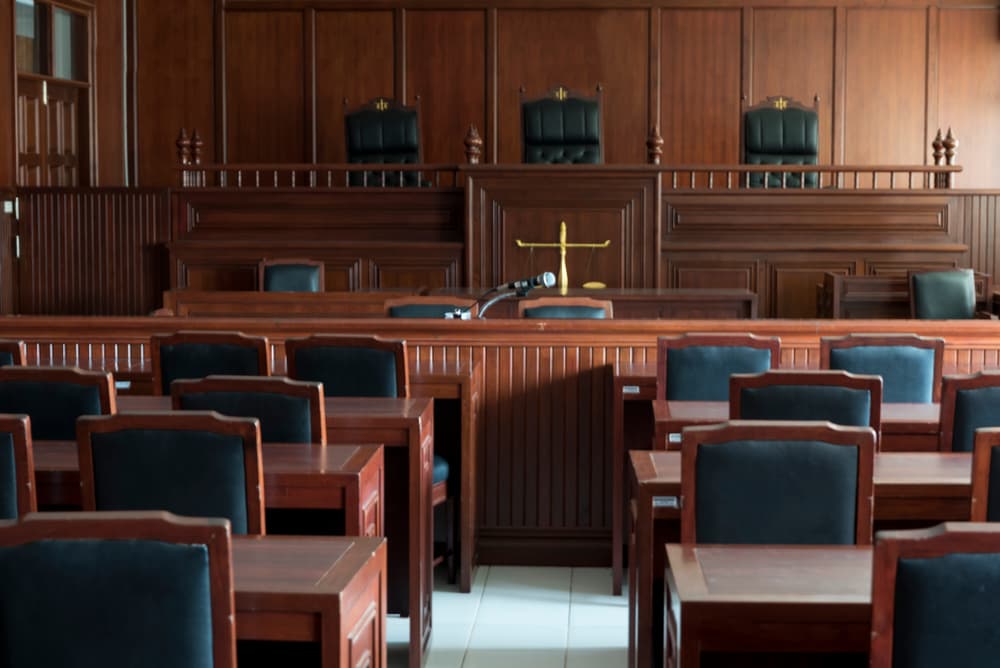Driving under the influence – or DUI – is a serious criminal charge in California that can subject individuals to high penalties upon conviction.
If you face a DUI charge in California, you need experienced legal representation in your corner right away.
A knowledgeable California DUI defense attorney can review the circumstances of your arrest, explore your available legal options, and help you make informed decisions throughout your case.
Most Important California DUI Laws
California takes DUI offenses very seriously due to their potential to endanger lives on the road.
First, a DUI offense in California can occur when a driver operates a vehicle with a blood alcohol concentration (BAC) of 0.08 percent or higher. However, for drivers under 21 years old, even a BAC as low as 0.01 percent can result in a DUI charge.
Additionally, California has an implied consent law, meaning that by obtaining a driver’s license, individuals agree to submit to chemical testing if suspected of DUI. Refusal to submit to such testing can lead to administrative penalties, regardless of whether the driver is ultimately convicted of DUI.
Moreover, California has specific laws regarding drug-impaired driving. It is illegal to operate a vehicle under the influence of any drug, whether it’s illegal, prescription, or over-the-counter.

Law enforcement officers are trained to recognize signs of drug impairment and can conduct field sobriety tests or request a blood or urine sample for testing.
Furthermore, California has stringent regulations regarding commercial drivers and DUI offenses. Commercial drivers are subject to lower BAC limits – typically 0.04 percent – when operating a commercial vehicle.
A DUI conviction can result in the loss of a commercial driver’s license (CDL) and can severely affect a driver’s ability to work in certain industries.
In addition to alcohol and drugs, California also prohibits driving under the influence of any combination of substances that impair a person’s ability to drive safely.
This includes mixing alcohol with prescription or over-the-counter medications, which can have unpredictable and dangerous effects on driving performance.
Furthermore, California has strict enforcement measures in place to detect and apprehend impaired drivers. Law enforcement agencies conduct sobriety checkpoints and saturation patrols to identify drivers who may be under the influence.
Additionally, officers train to recognize signs of impairment during routine traffic stops and can initiate DUI investigations if they have reasonable suspicion.
Potential Penalties and Collateral Consequences for a California DUI Conviction

A DUI conviction in California can lead to severe penalties and collateral consequences that may affect various aspects of a person’s life.
- First, regarding penalties, a DUI conviction can result in high fines, license suspension, and even jail time, depending on the circumstances of the offense and any prior DUI convictions. First offense fines can range from hundreds to thousands of dollars. Subsequent offenses can lead to increased fines and longer license suspension periods. In some cases, drivers may also have to attend mandatory DUI education programs or install an ignition interlock device (IID) in their vehicles.
- Furthermore, a DUI conviction can have collateral consequences that extend beyond the legal penalties. One significant consequence is the effect on a person’s driving record and insurance rates. A DUI conviction typically results in points on the driver’s record, which can lead to increased insurance premiums or even the cancellation of coverage. Additionally, drivers with DUI convictions may be required to obtain SR-22 insurance, which is a high-risk insurance policy that can be costly.
- Moreover, a DUI conviction can affect a person’s employment opportunities. Many employers conduct criminal background checks on applicants, and a DUI conviction may be a red flag – particularly for jobs that involve driving or require a clean criminal record. Professional licenses, such as those for healthcare workers or attorneys, may also be at risk following a DUI conviction.
- A DUI conviction can also affect an individual’s personal life and relationships. The social stigma associated with drunk driving can lead to embarrassment, strained relationships with family and friends, and damage to one’s reputation in the community.
- Furthermore, individuals convicted of DUI may face travel restrictions. Some countries have strict entry requirements for individuals with DUI convictions, and certain immigration or visa applications may be denied as a result.
Common Legal Defenses to a California DUI Charge
A qualified criminal defense attorney can explore several possible defenses for a DUI charge in California.
Depending on the circumstances of your case, one or more of the following defenses might apply.
- One common defense is challenging the validity of the traffic stop or arrest. Law enforcement officers must have a valid reason, such as reasonable suspicion or probable cause, to pull over a vehicle or make an arrest. If police officers conducted the traffic stop or arrest without proper justification, any evidence they obtained during the stop, such as field sobriety test results or Breathalyzer readings, should be inadmissible in court.
- Another defense strategy involves questioning the accuracy of chemical testing results. Breathalyzer devices used to measure blood alcohol concentration (BAC) can be prone to errors and inaccuracies – especially if not properly calibrated or maintained. Additionally, factors such as medical conditions, mouth alcohol, or even certain foods or medications can influence Breathalyzer readings. A skilled criminal defense lawyer can challenge the reliability of these tests and question their validity in court.
- Furthermore, individuals may argue that they were not actually impaired at the time of driving. In some cases, factors such as fatigue, illness, or nervousness can mimic signs of impairment and lead to false accusations of DUI. A defense lawyer might use witness testimony, surveillance footage, or expert testimony to support this defense and demonstrate that the driver’s behavior was inconsistent with someone under the influence.
- Moreover, individuals may assert that they consumed alcohol or drugs after they stopped driving rather than before or during driving. This defense, known as the rising blood alcohol defense, argues that the individual’s BAC was below the legal limit while they were driving but increased to illegal levels by the time they were tested. Evidence such as witness testimony or receipts from establishments where alcohol was consumed may support this defense.
- Additionally, individuals may challenge how field sobriety tests are administered or interpreted. These tests, such as the walk-and-turn or one-leg stand, can be subjective and influenced by various factors, including weather conditions, physical impairments, or the driver’s demeanor.
A knowledgeable California criminal defense attorney can explore these potential defenses with you and build a strong case to lessen or dismiss the DUI charges you are currently facing.
Pleading Guilty to a DUI in California

Deciding whether to plead guilty to a DUI charge in California is a significant decision that carries both pros and cons.
- One potential advantage of pleading guilty is potentially receiving a reduced sentence or plea bargain. Prosecutors may offer a plea deal in exchange for a guilty plea, resulting in a lesser charge or lighter penalties than if the case goes to trial and the accused individual is convicted. By accepting a plea deal, individuals may avoid the uncertainty and expense of a trial and potentially receive a more lenient outcome.
- Additionally, pleading guilty may expedite the case's resolution, sparing individuals from a lengthy and stressful legal process. Going to trial can be time-consuming and emotionally draining, and pleading guilty can bring closure to the matter more quickly, allowing individuals to move forward with their lives.
- Furthermore, pleading guilty may demonstrate remorse and responsibility, which can be viewed favorably by the court during sentencing. Accepting accountability for one’s actions and showing a willingness to take steps to address any issues related to alcohol or substance abuse can potentially lead to a more lenient sentence.
However, pleading guilty to a DUI charge comes with drawbacks:
- One major concern is the immediate and long-term consequences of a DUI conviction. A guilty plea can result in fines, license suspension, mandatory alcohol education programs, and even jail time, depending on the circumstances of the offense and any prior convictions. These penalties can have significant financial, professional, and personal repercussions for individuals convicted of DUI.
- Furthermore, a DUI guilty plea/conviction can have numerous collateral consequences, such as increased insurance premiums, difficulty obtaining employment, and damage to one’s reputation. Additionally, individuals with multiple DUI convictions may face enhanced penalties, including mandatory ignition interlock device (IID) installation and longer license suspension periods.
- Moreover, pleading guilty to a DUI charge means giving up the right to challenge the evidence against you in court. Individuals who believe they have been wrongfully accused or have viable defenses may forfeit the opportunity to present their case in court and have a judge or jury evaluate it.
Anyone facing DUI charges must carefully consider their options and seek guidance from a qualified criminal defense attorney in California. An experienced lawyer can make informed decisions about how to proceed and protect a defendant's rights.
What Is Probation in a California DUI Case?
In California, probation in a DUI case typically involves a period of court-monitored supervision instead of incarceration. If convicted of DUI, a defendant may be placed on probation as part of their sentence.
During probation, the individual must adhere to specific conditions that the court establishes, which can include abstaining from alcohol and drugs, attending DUI education programs, submitting to random drug tests, or completing community service.
Additionally, probation may involve restrictions on driving, such as installing an ignition interlock device in the vehicle. Failing to comply with probation terms can result in consequences such as fines, extended probation, or even jail time.
Probation serves as an alternative to incarceration, allowing offenders to remain in their communities while receiving supervision and support to address their behavior.
It also aims to rehabilitate individuals by providing access to resources and monitoring their progress towards leading a law-abiding lifestyle. However, violating probation terms can lead to harsher penalties and further legal consequences.
What Happens at a DUI Trial in California?

In California, a DUI trial is a serious legal proceeding in which the court determines whether a person is guilty of driving under the influence of alcohol or drugs.
The trial typically follows a series of steps, beginning with the arraignment, where the charges are formally read and the defendant enters a plea of guilty, not guilty, or no contest. If the defendant pleads not guilty, the trial proceeds.
During the trial, both the prosecution and the defense present evidence and call witnesses to testify. The prosecution must prove beyond a reasonable doubt that the defendant was operating a vehicle while under the influence of alcohol or drugs.
This often includes testimony from law enforcement officers who conducted the traffic stop and administered field sobriety tests, as well as chemical test results indicating the defendant’s blood alcohol concentration (BAC).
The defense may challenge the prosecution’s evidence and present its own evidence and witnesses to dispute the allegations. This can involve questioning the accuracy of the chemical tests, challenging the legality of the traffic stop or arrest, or presenting evidence of a medical condition or other factors that may have influenced the defendant’s performance on field sobriety tests.
Throughout the trial, both sides can cross-examine witnesses and present closing arguments to the judge or jury. The judge or jury then weighs the evidence and decides whether the defendant is guilty or not guilty of the charges. If the defendant is found guilty, the judge will impose a sentence.
If you decide to take your DUI case to trial, an experienced California criminal defense lawyer can aggressively advocate for you in court and pursue a not-guilty verdict.
Call an Experienced DUI Attorney in California Today
If you are currently facing a DUI charge in California, an experienced criminal defense lawyer can be extremely helpful. Your attorney can formulate a strong legal defense to your charge – or represent you during plea deal negotiations – in pursuit of the best possible result in your case.
Never wait to seek your consultation with a California DUI defense lawyer near you.